This training clarifies common sources of confusion about metrics, describes types of impact, introduces core metrics concepts and explores sources of metrics.
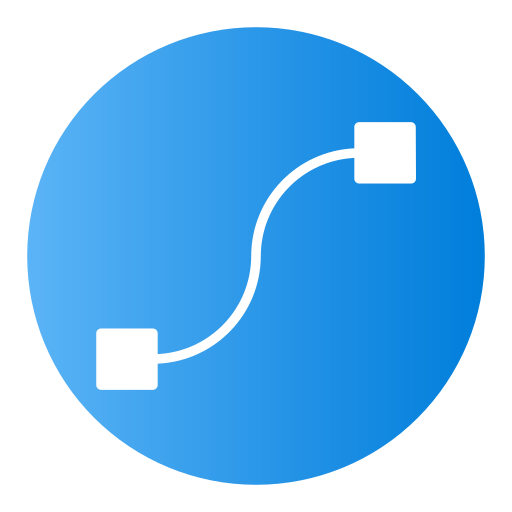 By the end of this training, learners should:
By the end of this training, learners should:
- Be able to choose appropriate types of research impact metrics for their scholarship.
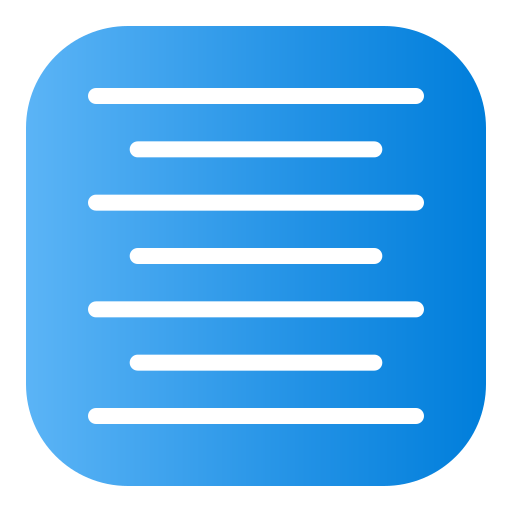 Training Outline:
Training Outline:
- Recognize the types of research impact metrics that can be applied to various forms of scholarship.
- Describe common tools for gathering research impact metrics and qualitative evidence for public scholarship.
- Be aware of the appropriate uses and limitations of citation metrics and altmetrics.
- Develop a strategy for gathering evidence of impact and value for your own public scholarship.
- Provide examples of how the library can support researchers and students in gathering evidence of impact.
Resources for workshop facilitators and learners
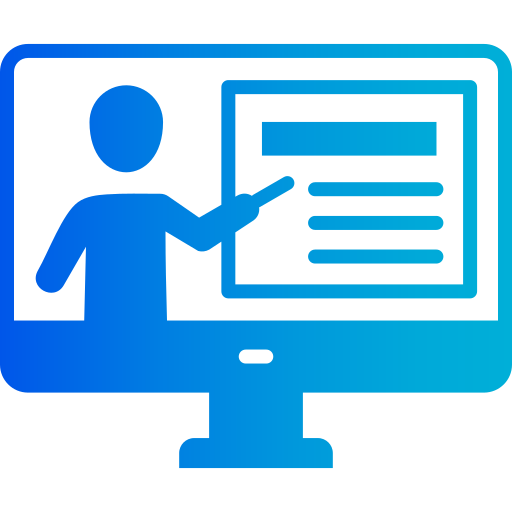 Online courses:
Online courses:
- “Emerging metrics”. IATUL Research Impact Things - a self-paced training program for libraries.
- “Responsible use of metrics”. IATUL Research Impact Things - a self-paced training program for libraries.
- “Benchmarking”. IATUL Research Impact Things - a self-paced training program for libraries.
- “Ranking”. IATUL Research Impact Things - a self-paced training program for libraries.
- “Societal Impact”. IATUL Research Impact Things - a self-paced training program for libraries.
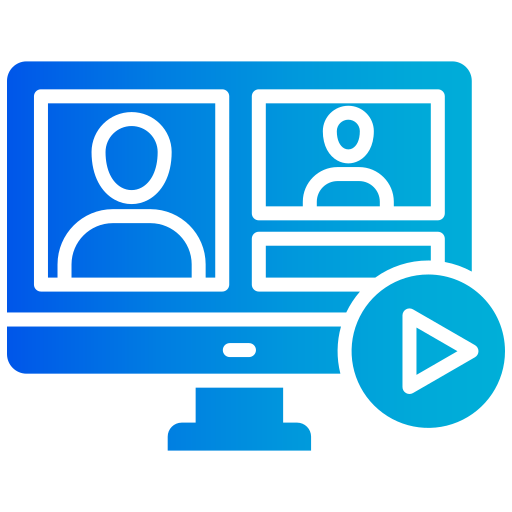 Webinars, online tutorials:
Webinars, online tutorials:
- Webinar recording, slides, research impact report planning and case study templates: “How to train students and researchers on the topic, Measuring research impact”, Niamh Brennan, Trinity College Dublin, and EIFL.
- Webinar and blog:“Case study - Supporting bibliometric and research impact analysis at the University of Waterloo", Rebecca Bryant, OCLC; Alison Hitchens, Associate University Librarian for Collections, Technology, and Scholarly Communication, University of Waterloo, and Laura Bredahl, Bibliometrics and Research Impact Librarian, University of Waterloo.
- Webinar recording and slides “Library services to support measuring research impact”, Michelle Dalton, University College Dublin.
- Improve your research profile [8 videos], Harzing - Academic Resources, Middlesex teaching & research support.
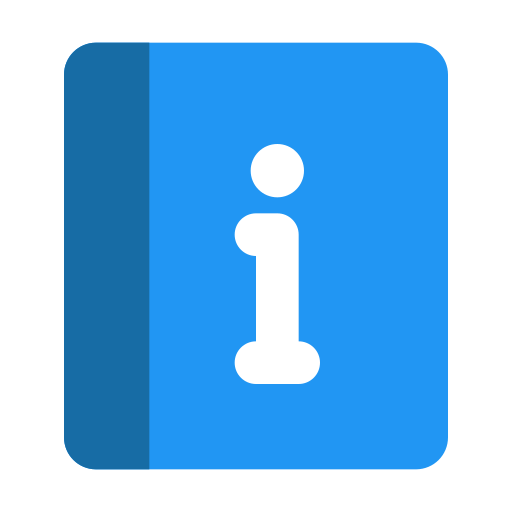 Library Guides:
Library Guides:
- “How to measure research impact”, NC State University Libraries.
- “Measuring Research impact”, Thomson Rivers University Library.
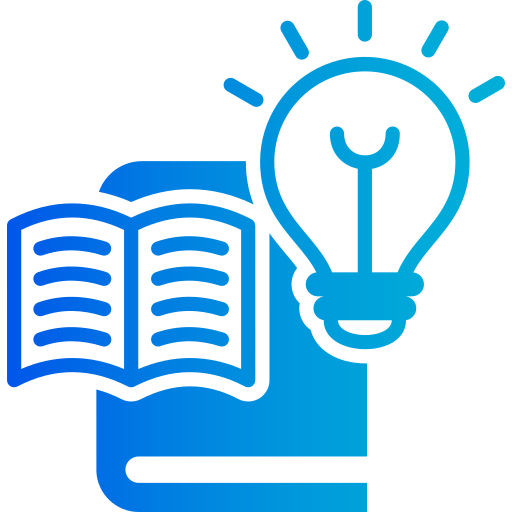 Examples of presentations, guides, templates and tip sheets:
Examples of presentations, guides, templates and tip sheets:
- Heather Coates. “Metrics for Research Assessment”, IUPUI University Library Center for Digital Scholarship, OSF.
- Jere Odell, Heather Coates. “Own Your Digital Profile”, IUPUI University Library Center for Digital Scholarship, OSF.
- Jere Odell, Heather Coates. “Share Your Work Freely”, IUPUI University Library Center for Digital Scholarship, OSF.
- Jere Odell, Heather Coates. “Gather Evidence”, IUPUI University Library Center for Digital Scholarship, OSF.
- Heather Coates, Jere Odell.“Make Your Case”, IUPUI University Library Center for Digital Scholarship, OSF.
- Michelle Dalton. “Highlighting your track record: Using Metrics in your CV”, University College Dublin.
- Google Scholar metrics.
- Publish or Perish.
- “Metrics toolkit: you can quickly understand what a metric means, how it is calculated, and if it’s good match for your impact question”.
- Report “Assessing Europe's University Based Research”. European Commission: Expert Group on Assessment of University-Based Research, European Commission Directorate General for Research.
- Gordon, Shannon, and Alison Hitchens. Library Impact Practice Brief: Supporting Bibliometric Data Needs at Academic Institutions. Washington, DC: Association of Research Libraries. https://doi.org/10.29242/brief.waterloo2020
- Stacy Konkiel. “The 30-Day Impact Challenge: the ultimate guide to raising the profile of your research”.
- “Choosing where to share your research”, University of Kent, including Tracking the dissemination of your research.
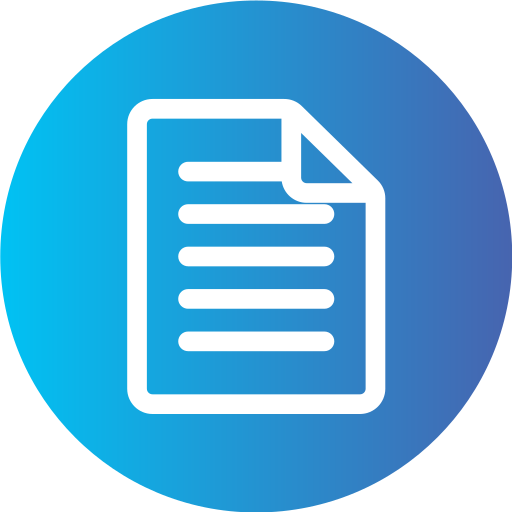 Article:
Article:
- “Google Scholar, Web of Science, and Scopus: a systematic comparison of citations in 252 subject categories” by Alberto Martin-Martin, Enrique Orduna-Malea, Mike Thelwall, Emilio Delgado Lopez-Cozar. https://doi.org/10.48550/arXiv.1808.05053
